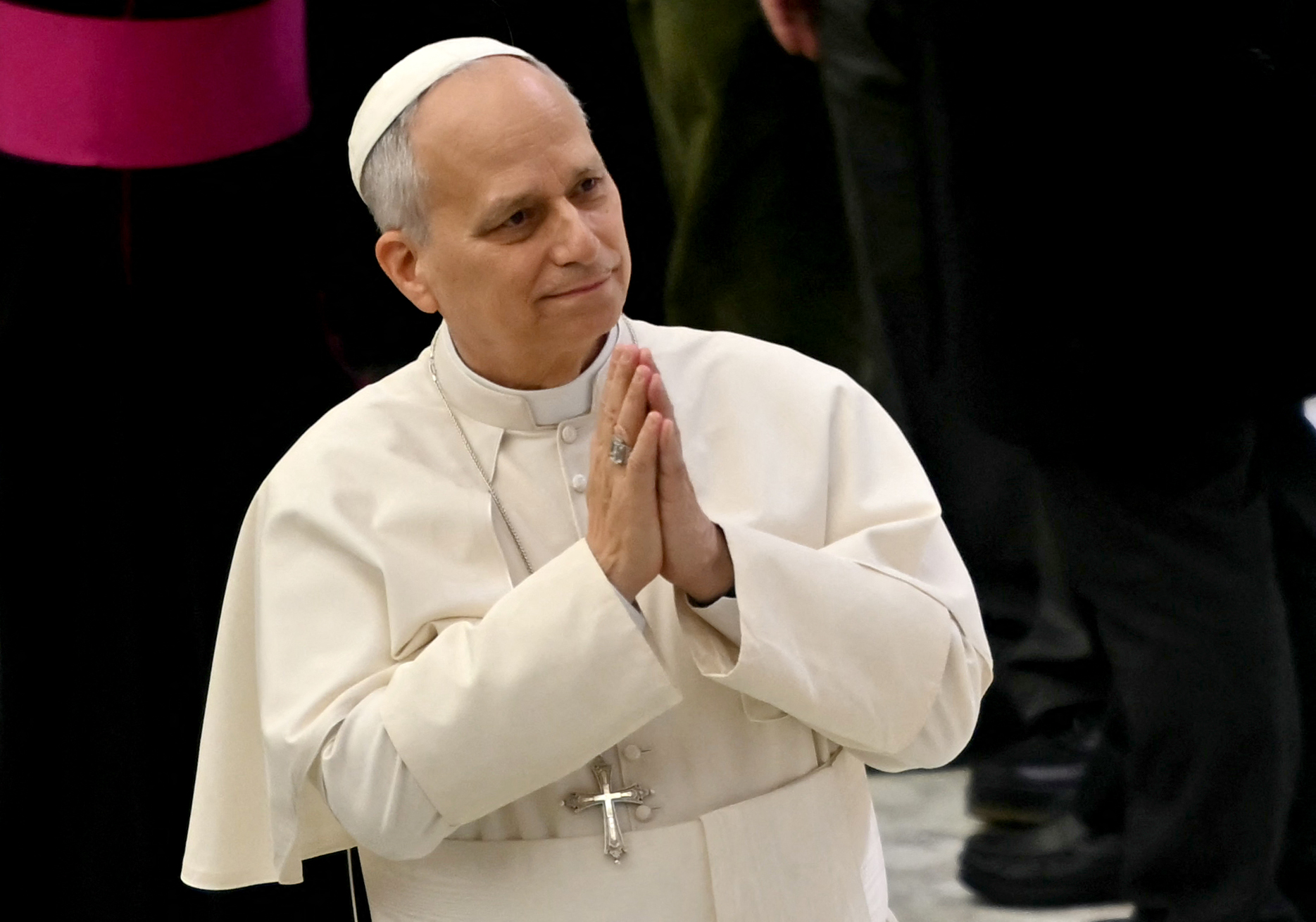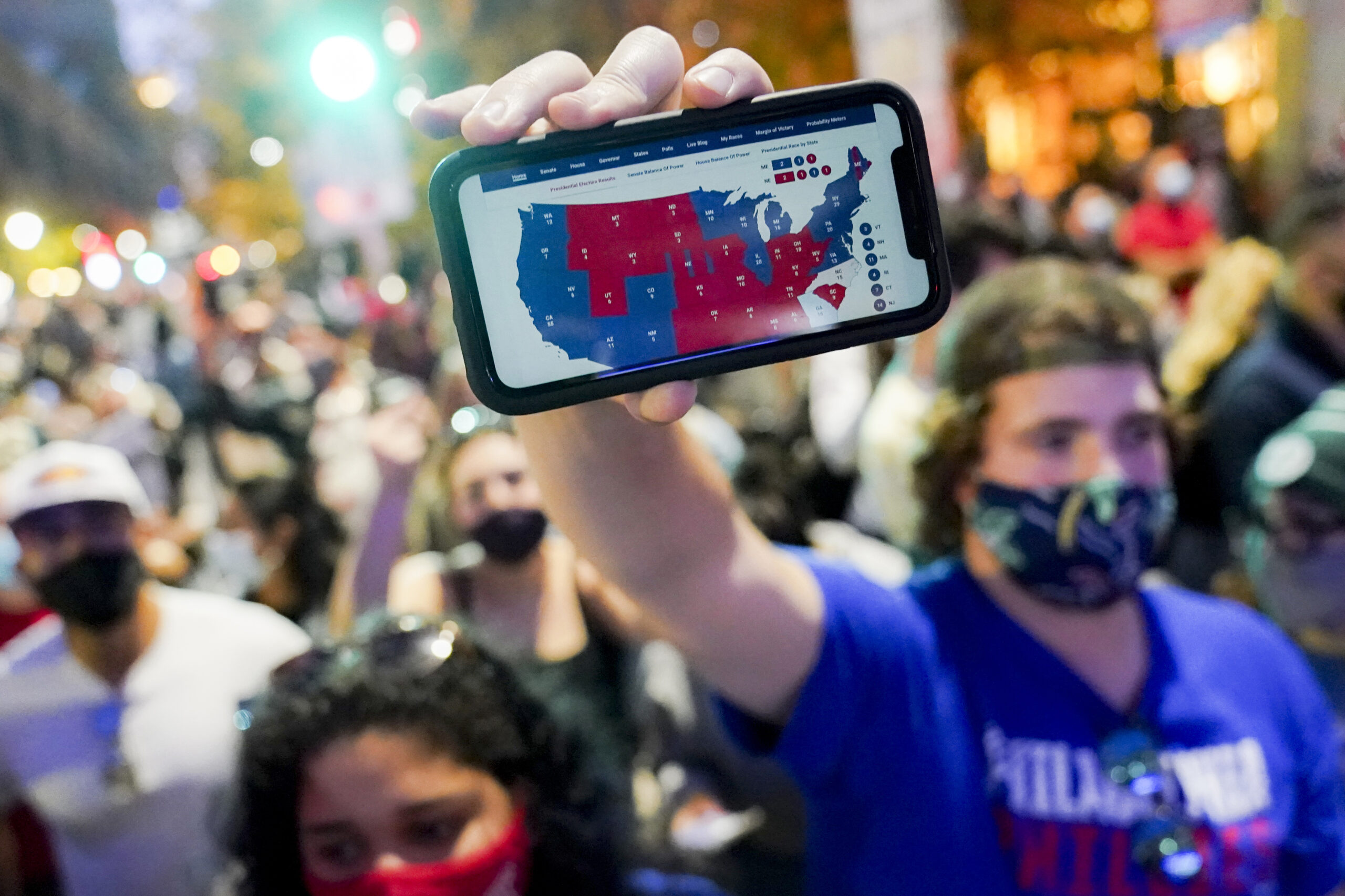
The movement against COVID-19 vaccinations is becoming increasingly concerning in the United States, particularly highlighted by recent developments in Florida. As reported, individuals seeking vaccinations, including those over the age of 90, now face new hurdles. In a notable instance, a 91-year-old individual was required to obtain a doctor’s permission for a COVID-19 booster shot prior to receiving a flu vaccine. This situation underscores the broader implications of Florida’s decision to phase out all childhood vaccine mandates.
Florida Governor Ron DeSantis, known for his controversial stance during the COVID-19 pandemic, has taken steps to reduce vaccine requirements across the state. The Florida Health Department’s website indicates that mandates for childhood vaccinations—including those for measles, chickenpox, hepatitis B, and polio—are now under threat. This marks Florida as the first state aiming to eliminate such comprehensive vaccine mandates, with other Republican-led states likely considering similar actions.
Joseph A. Ladapo, Florida’s surgeon general, has publicly questioned the necessity of vaccine mandates, stating, “Who am I to tell you what your child should put in their body? Your body is a gift from God.” Such statements have been met with criticism. Bill Cassidy, Louisiana’s senior senator and chairman of the Senate Health Committee, referred to these moves as “a terrible thing for public health,” warning that it could lead to outbreaks of vaccine-preventable diseases in schools.
The potential consequences of this policy shift have raised alarms among public health advocates. Cassidy emphasized the risk of children arriving at school unvaccinated, posing threats to those unable to receive vaccinations due to medical conditions. The New York Times attributed the rise of anti-vaccine sentiment in part to the influence of Robert F. Kennedy Jr., who has gained notoriety for his opposition to vaccines and held a position of influence within the Trump administration.
Following a recent Senate Finance Committee hearing, Kennedy faced significant scrutiny for his views on healthcare. Critics have pointed out that he lacks the qualifications to effectively advocate for public health, with some asserting that his influence is detrimental to the healthcare system that has historically been praised for saving lives.
The impact of vaccines on public health cannot be overstated. The World Health Organization estimates that vaccines have saved approximately 154 million lives globally over the past 50 years, with a staggering 95% of those lives being children under five. The historical context is significant; for instance, one individual recounted their father’s struggle with polio, which left him reliant on crutches due to the absence of a vaccine at the time.
The implications of Florida’s decision extend beyond state borders. States with Republican leadership, like Louisiana, are poised to follow suit in adopting similar policies. A Democratic state legislator in Florida described the elimination of vaccine mandates as “a public health disaster in the making,” indicating that such actions could lead to severe health repercussions for children.
As Florida and potentially other states navigate this contentious landscape, the debate over vaccine mandates reflects a broader struggle between public health imperatives and individual freedoms. The future of vaccination policies will likely hinge on the decisions of state legislators, who must weigh the health of their citizens against the influences of political leaders advocating for a reduction in public health measures.
The ongoing discourse surrounding vaccinations highlights the need for informed decision-making. Policymakers have a crucial responsibility to protect public health, especially when the stakes are as high as the health and safety of children. As communities confront these challenges, the hope remains that leaders act with wisdom and prioritize the welfare of the population over political agendas.







